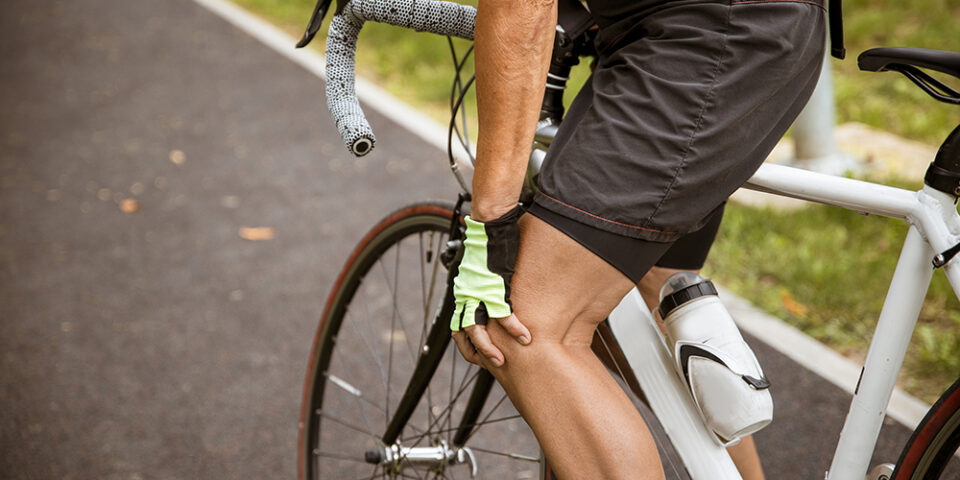How to avoid weekend warrior injuries
After being tied to our desks most of the week, many of us are tempted to fill up our weekends with home improvement projects or fun, new activities. But is it a good idea to try to do it all on the weekends? Primary care sports medicine expert Christina Gutta, MD, offered some tips on how to be a safe weekend warrior without overexerting yourself.
What exactly is a “weekend warrior”?
“A weekend warrior refers to someone who engages in high-intensity physical activity only on weekends or during their free time, while remaining relatively sedentary during the rest of the week,” Dr. Gutta said. “This includes participating in sports or outdoor recreational activities such as long hikes.”
Although being a weekend warrior helps you get in much needed activity and exercise to keep you healthy, it also can increase your risk of injury.
What are the most common weekend warrior injuries?
Common injuries include sprains, strains and other types of soft tissue injuries, as well as joint pain and stress fractures. These injuries can occur due to a variety of factors, including overuse injuries, lack of proper conditioning and poor technique or form.
What should you do if you sustain one of these injuries? Can you treat it at home?
If you sustain an injury, it is important to rest the affected area and apply ice to help reduce swelling and pain. Over-the-counter pain medications and anti-inflammatory medications, as well as using an ace bandage or other compression garment to help reduce swelling, may also be helpful.
When should you seek care?
“Seek medical attention if you experience severe pain, swelling, loss of function – such as being unable to walk with an injury to the lower body – or if the injury does not improve within a few days of self-care,” Dr. Gutta said. “If you experience any numbness, tingling or weakness, it may be a sign of a more serious injury and should be evaluated by a health care professional right away.”
How can you prevent weekend warrior injuries?
Dr. Gutta said a gradual approach to physical activity is best for injury prevention.
Here are some other tips to stay safe and healthy:
- Focus on proper technique and form.
- Wear appropriate gear.
- Rest and recover between activities.
- Stay hydrated.
“Most importantly, listen to your body,” she said. “Pain is not good.”
If you’re starting an activity, or if you’re restarting an activity after a significant break, Dr. Gutta cautions against jumping right in.
“Consult with a health care professional first to mitigate risk for injury or illness,” she said. “It’s important to start slowly with low-impact activities and be patient. Cross-training and incorporating a variety of activities into your routine can also help prevent overuse injuries. By following these tips, most folks can safely and effectively return to sports and enjoy the many physical and mental health benefits that come with an active lifestyle.”
Find an orthopedic specialist you trust
Find a provider who’s right for you by viewing their online profiles, star ratings and reviews.
Find an Orthopedic Doctor

